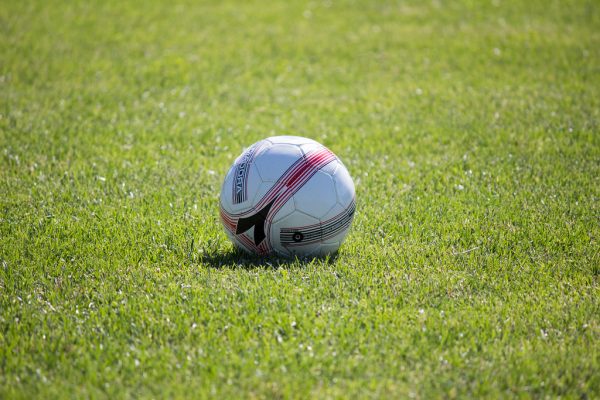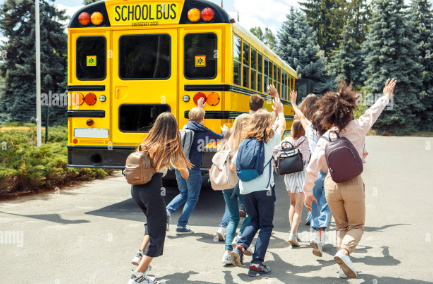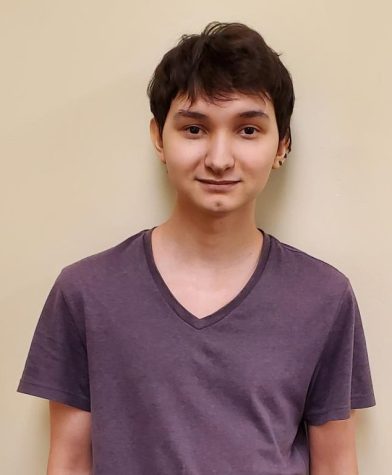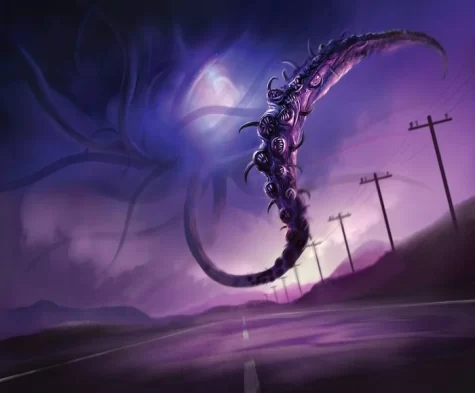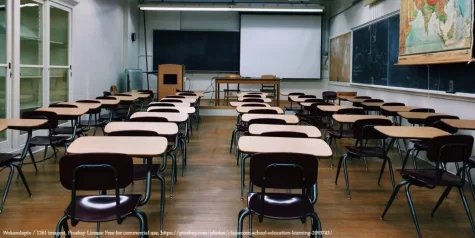How the Loss of Extracurriculars is Affecting Academics at CHS
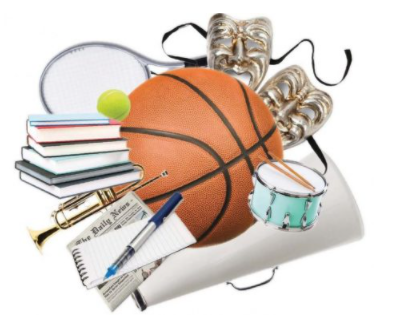
November 23, 2020
Nothing is normal about this school year. Students, teachers, administrators and families are all navigating new challenges for which there doesn’t seem to be a playbook. One of the particularly heartbreaking issues has been the cancellation (or postponement) of essentially all extracurricular activities at CHS. The soccer fields are empty and the volleyball courts are eerily quiet. The performing auditorium is only visited by lonely custodial staff. What does all this mean for students and their academic motivation? Students and teachers are having to face each day without the bright spots that many students looked forward to here at CHS. One might guess that the academic success of students is faltering too in light of all the challenges and disappointment. I talked to a couple athletes and teachers to see how they felt as this year got off to an unprecedented start.
Extracurriculars have historically aided in keeping students engaged and motivated. I took a look at what’s happening around the country, in our city, and spoke with students and teachers to see how the absence is affecting people here at CHS.
A recent newspaper article in The Olympian reported that North Thurston has 50% of students with at least one failing grade. OSD has not released similar data but one can assume that it is similar.
Nationwide, districts engaging in distance learning and cancelled extracurriculars are reporting the same. Emma Garcia and Elaine Weiss research for the Economic Policy Institute on COVID and school closures states, “For children, going to school is not just about learning reading and math: it’s also about developing the social and emotional skills critical to succeeding in life. School closures eliminated some of these critically important aspects of school beyond academic activity, such as the development that occurs through personal relationships among students and between students and teachers, after-school activities that support children’s mental and emotional well-being and skills development, and a sense of routine.”*
I talked to senior Tucker Grow, who should be in the middle of his final football season at CHS. He is familiar with the previous years at Capital and said, “I think that extracurriculars are the main reason for a lot of kids to stay motivated in the classroom because they know if they don’t get the grades they won’t be able to participate in the sports they love but now without sports and other extracurricular activities a lot of students have lost a part of them and their drive along with it.” From a different perspective, new freshman student and multi-sport athlete Kora Landers said, “It is hard to get connected to Capital and the new people and teachers and coaches with so many things being cancelled. It feels pretty lonely most days. I’m looking forward to getting on campus someday. I don’t even know my way around.”
Beyond the students, the challenges of this year are impacting teachers too. CHS teacher and coach, Mr. Vandiver, shares how teachers too are feeling. “Distance learning has impacted every teacher. We all love to interact with our students and look forward to trying to create a community in our classroom. You just can’t replicate the chemistry and vibe that each individual class has. Teachers have been so awesome in how they have adapted and how they have made the best of such a complicated situation. Teachers care about their students and have worked harder than ever to try to give students some stability during this time period. We all miss our students so much! It actually brings tears to my eyes thinking of how much I miss a normal school day!” Mr. Vandiver went on to acknowledge the challenge for students without extracurriculars, “ I definitely think not having outlets like extracurricular activities plays a huge role in that motivation. There are a ton of kids in school who are able to stay motivated to do well in school because they have social outlets and extracurricular activities.”
What can be done? Students and teachers and staff are clearly struggling. Can there be a safe way to get students engaged again in the activities they love? I, for one, sure do hope so. As our Senior year slips away, we hold out hope for that. But we know that we have lost so much. So many memories and experiences that we lost. But we are also gaining. We are gaining perspective, and perseverance, and grit. We are exercising those essential character muscles that will serve us well in our futures too. Mr. Vandiver said it best when asked on how his students were doing on a scale of 1 to 10, “Students are persevering the best they can. I am amazed at the hard work they are putting in and how they keep coming to zoom classes day after day even though it doesn’t feel like school at all. The fact that they don’t get to see their friends and get that socialization that is so important is so sad for me to think about. They have no sports, music, drama, robotics, etc to look forward to like they normally do. There was no homecoming or Friday night football. Most students don’t get to see their friends much, if at all. So on that scale I give our students a 10! To keep going and pushing forward when you feel like your teenage years are being taken away is amazing to me! I am so proud of this generation of young people!” Power on, Cougars. Your days matter, your life matters, and you are shining.
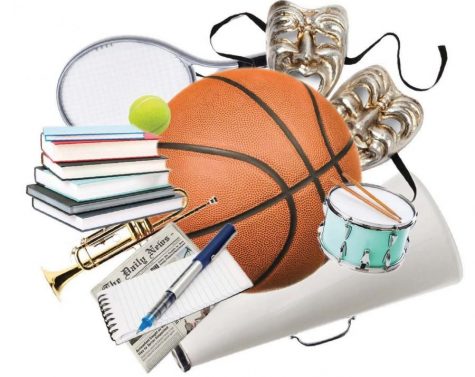
*(https://www.epi.org/publication/the-consequences-of-the-covid-19-pandemic-for-education-performance-and-equity-in-the-united-states-what-can-we-learn-from-pre-pandemic-research-to-inform-relief-recovery-and-rebuilding/)

